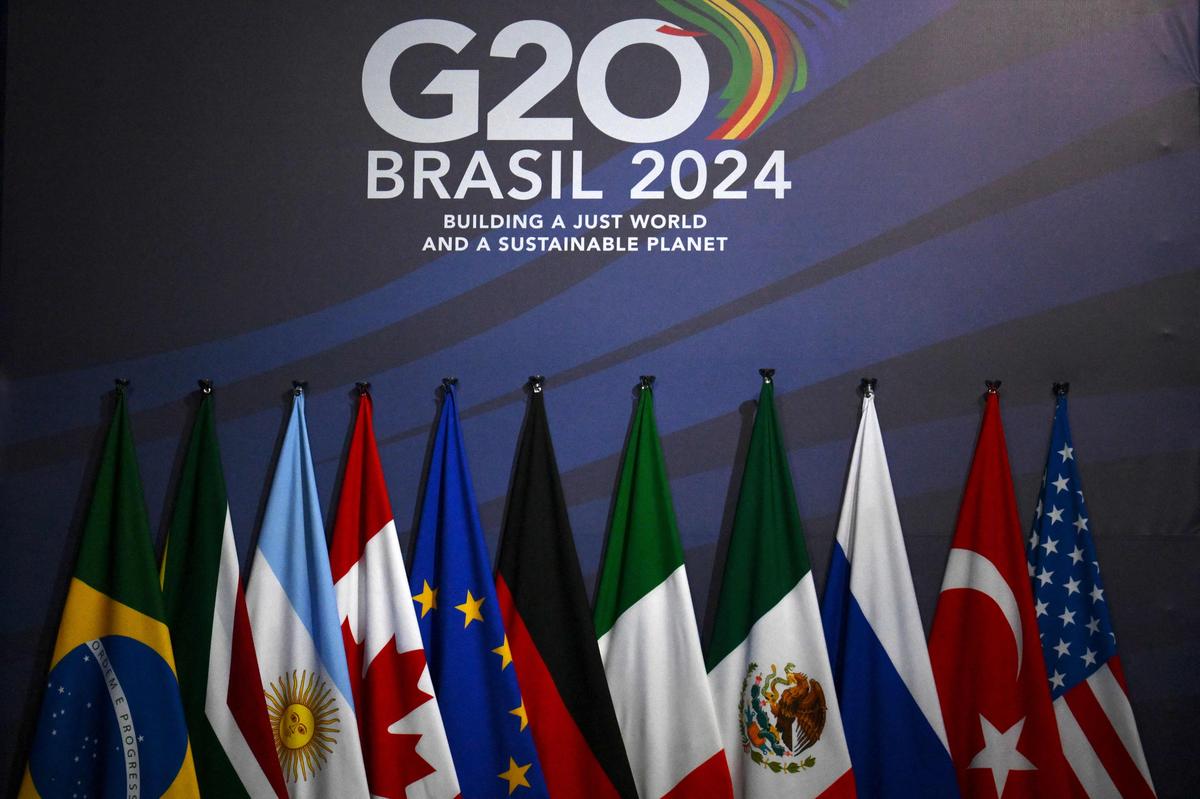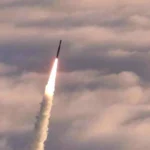The G20 summit held in Rio has drawn attention to changes in the approach to supporting Ukraine. Analyzing the joint declaration, Financial Times highlights a significant decrease in focus on the war in Ukraine compared to previous summits. What has changed and what could be the consequences of this weakening of support?
Less Emphasis on Ukraine
This year’s declaration dedicated only one paragraph to Ukraine, whereas at the previous summit in New Delhi there were seven. Criticism of Russia became more general: instead of specific mentions of shelling of civilian infrastructure or nuclear threats, the text is limited to general wordings about “human suffering” and “negative consequences of the war.”
Despite attempts by some European countries to make the statement more stringent, avoiding conflicts among summit participants became a priority. As sources point out, excessive strengthening of formulations could have led to the absence of a joint statement altogether.
Seeking Compromise
The declaration includes calls for “comprehensive, just, and lasting peace.” This phrasing can be interpreted as a call for peaceful negotiations, aligning with the position of some countries that seek conflict resolution through diplomacy.
However, the absence of specific condemnation of Russia’s actions may strengthen its position in the international arena. This creates new challenges for Ukraine, as international support is critically important for countering aggression.
New Summit Focus
The central themes of the declaration were:
- Taxing the wealthy — as a means to reduce economic inequality.
- Poverty reduction — addressing global economic instability.
- Climate Change – emphasis on the need for reforms to preserve the planet.
- Reform of the UN Security Council – seeking ways to make this body more effective.
- Ceasefire in Gaza – calls for peace in the Middle East.
Is the support for Ukraine decreasing?
Diplomatic emphasis on general terms does not necessarily indicate a decrease in support. At the same time, it signals divergences among G20 members regarding the role of the conflict in Ukraine in the global agenda.
It is important for Ukraine to continue working on strengthening relations with key international partners. Even with a softened rhetoric, actual assistance may remain unchanged or even increase.
The easing of criticism towards Russia in the G20 declaration should not be seen as a final conclusion regarding international support for Ukraine. In a world where diplomacy plays a key role, words in official documents carry great significance, but concrete actions are more important. Time will tell whether this rhetorical shift will impact real aid to Ukraine.


